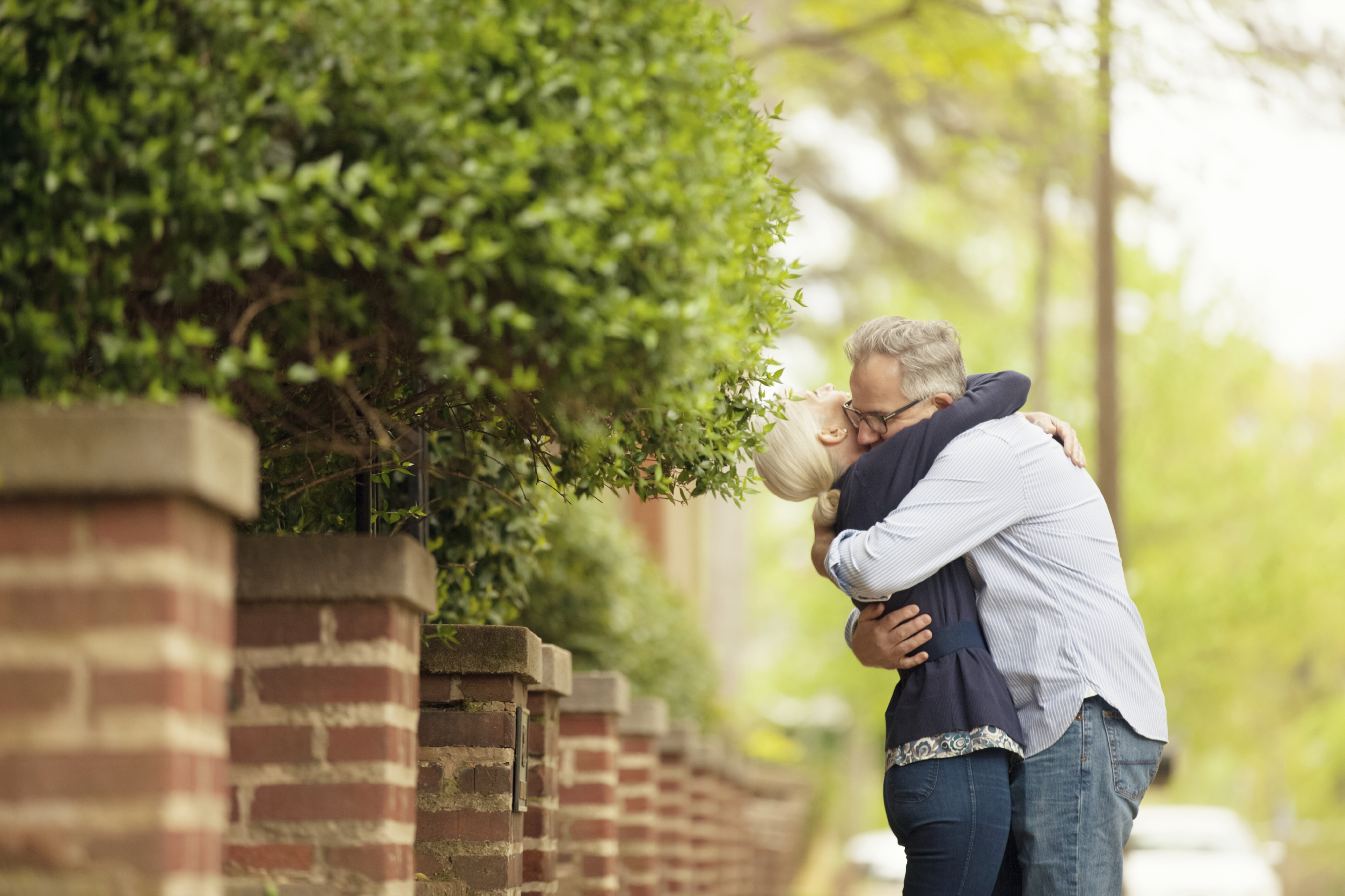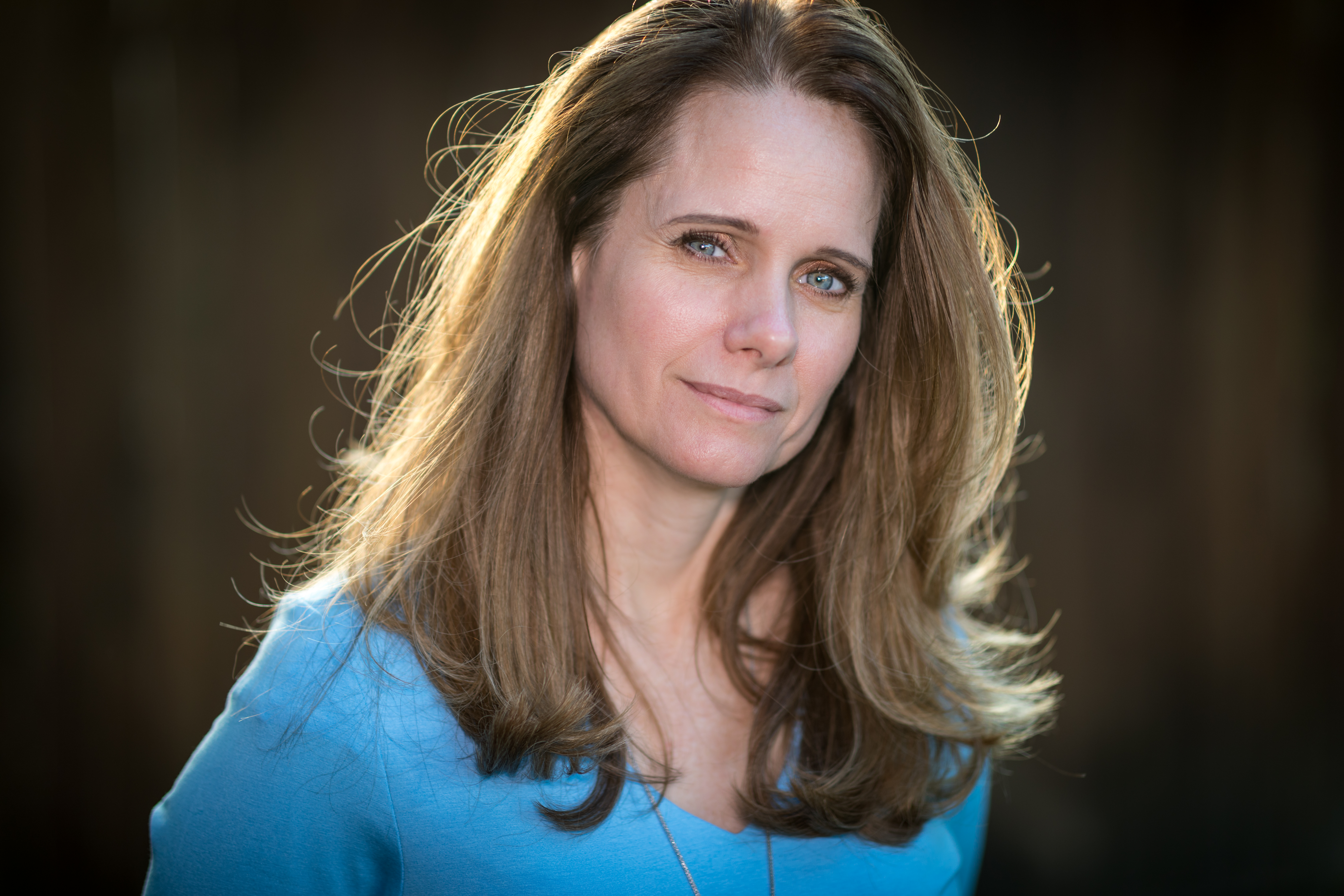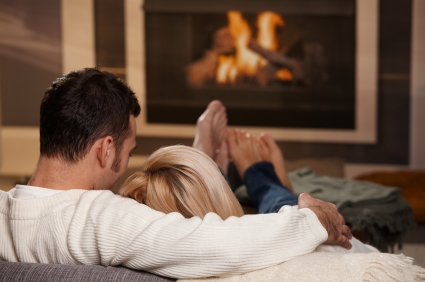
Systemic Sexual Desire Theories
Historically, the treatment approaches to sexuality have defined low sexual desire as an internal process. In this course, learn that sexuality is actually a complex individual, social and relational system at work to create growth and development.

Desire and Common Gender Differences
In sexual desire conflicts, there are a lot of dynamics at play. However, the issue may come from a general lack of understanding of how sexuality differs for men and women. Teach clients to develop a safe curiosity about their partner’s sexuality—and their own.

Counseling Interventions
People want to understand the driving forces behind sexual desire in themselves and their partners. Learn about the common interventions that help strengthen a well-rounded approach to intimacy.
About the Course
Humans are unique in that they attach meaning to sexuality. We’ve seen that sexuality affects couples physically, emotionally, relationally, and psychologically. If you work with couples, you’ve seen the painful conflicts that can develop when one partner just doesn’t want to have sex. Most graduate programs—including mine—only offer one class on sexuality. That one class tries to cover as wide a range of information in the shortest amount of time possible. That’s largely been the experience for aspiring practitioners. It’s quite rare to find classes that adequately address how to work specifically with sexual desire discrepancy. This course primarily focuses on CIS Gender Male/Female couples. Generally, research has focused on relationships with a low desire female and high desire male dynamic. Therefore, much of the research presented in this course shares that perspective. As a clinician, you may find the principles discussed may be used with any low desire gender when appropriate. We want to respect the needs of both the high-desire and the low-desire partner. We strive to help them come to a resolution that meets both partner's needs. I often ask my clients, “Do you want your partner to have sex more often? Or do you want them to be interested in having sex more often?” Doing it and being interested in it are two different things. Most of the time, my clients recognize that the high-desire partner isn’t looking for duty sex, but rather wants to feel wanted and desired. They want to connect emotionally, not just mechanically. If and when this lands them in your therapy room, having a deeper understanding of sexual desire discrepancy will help you offer them the best care possible.

Lisa Elieson, PhD, LPC-S, CST-S
As a sex therapist and licensed professional counselor supervisor, I frequently see couples who are in crisis because their sex life has fallen apart. The most common presenting conflict I see in my practice involves a sexual desire discrepancy—one partner has a higher sex drive than the other.
Curriculum
-
1
Welcome to Our Course!
-
(Included in full purchase)
Learning Objectives
-
(Included in full purchase)
AASECT Continuing Education
-
(Included in full purchase)
-
2
1. Diagnosing Sexual Desire Disorders
-
(Included in full purchase)
Challenges in Diagnosing Desire Issues
-
(Included in full purchase)
-
3
2: Terms of Sex: Intimacy Vocabulary
-
(Included in full purchase)
Desire Differences in Naming the Terms
-
(Included in full purchase)
-
4
3. Balancing Emotional and Cognitive Processes
-
(Included in full purchase)
Differentiation of Self Theory
-
(Included in full purchase)
-
5
4. Common Gender Differences
-
(Included in full purchase)
Common Male and Female Differences
-
(Included in full purchase)
Common Gender Differences
-
(Included in full purchase)
-
6
5. Treatment and Interventions
-
(Included in full purchase)
Treatment Approaches
-
(Included in full purchase)
Sensate Focus Handout
-
(Included in full purchase)
12 Types Intimacy Wheel Exercise
-
(Included in full purchase)
-
7
Bonus Material - Faith Based Counseling
-
(Included in full purchase)
Sexuality and Faith Based Counseling
-
(Included in full purchase)
-
8
CEU Quizzes
-
(Included in full purchase)
CEU Content Quiz
-
(Included in full purchase)
Course Feedback Survey
-
(Included in full purchase)
Ready to Reignite Your Relationship?
Join now and take the first step towards a more passionate and fulfilling partnership.
$20.00
